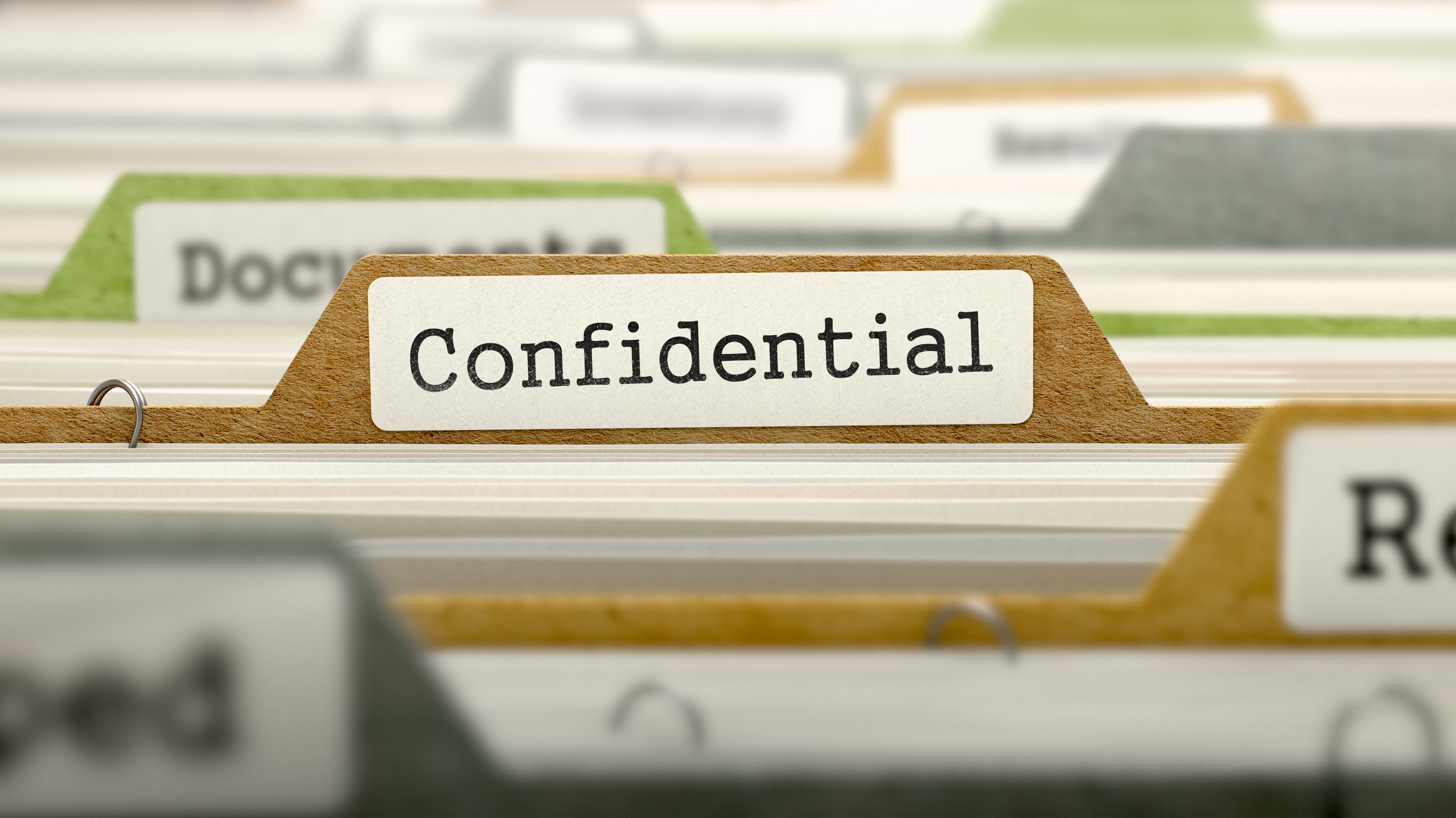Legal professional privilege, also known as attorney-client privilege. That old chestnut. You know what it means — how could you not? It was drummed into your brain during those lunchtime Continuing Legal Education (CLE) sessions your firm used to run.
But then you moved in-house. You ask yourself: “Does it still apply?" Yes, it can. You ask yourself: “What do I need to know about privilege in an in-house environment?” Plenty.
Learn the basics with a handy list of do’s, don’ts, and considerations for Australia.
Legal professional privilege defined
Legal professional privilege (LPP) is a common law protection, codified in the Evidence Act 1995 (Cth). LPP protects confidential documents and communications between the client and lawyer, for the dominant purpose of providing or obtaining legal advice or in the process of litigation.
LPP serves the public interest because it facilitates the free exchange of information between the lawyer and client without fear of potentially prejudicial information being disclosed. It helps ensure the client can be adequately advised and represented by their lawyer and, as a result, supports the proper administration of justice.

Applying LPP in-house in Australia
LPP in the corporate counsel context is slightly different to LPP in the context of private practice because in-house lawyers’ clients are also their employers. As an in-house lawyer, it is essential to remember: Your professional obligation to maintain confidentiality is owed to your client, being the corporate entity, and not to the people managing your client, such as executive officers.
Your professional obligation to maintain confidentiality is owed to your client, being the corporate entity, and not to the people managing your client,
such as executive officers.
There has been judicial debate as to whether this “independence” is a separate requirement in addition to the dominant purpose test outlined above. However, the courts have held that it must only be shown that an in-house lawyer has acted in their professional capacity as their employer’s lawyer.
To support the LPP protection, in-house lawyers should have clear written position descriptions that stresses the legal nature of their role. Conversely, a job description that includes key performance indicators thatlink to the financial success of the company may not support communications in obtaining LPP protection. And, if an in-house lawyer also acts in another role within the company, it is imperative to clarify that they are communicating in their capacity as a legal professional if LPP is to apply.
LPP of communication and documents can be further supported in the corporate counsel context by ensuring that junior lawyers report directly to senior lawyers to prevent other officers or employees within the company from undermining the independence of the corporate counsel. In addition, internal policies can be written to reflect and highlight the intention of independence.
To rely on LPP, in-house counsel must be able to readily support the claim with evidence. A clear framework within the company that highlights the legal nature of an in-house lawyer’s role, supported by operations that involve reporting lines to senior lawyers and internal policies, will reduce the risk of advice from in-house lawyers not being protected by LPP and instead being compromised by their personal interests, loyalties, and duties.
Protecting LPP in Australia

The do’s
- State that communication or documents are confidential if prepared by or being sent to lawyers for the dominant purpose of obtaining or giving legal advice.
- Communicate advice privately through email or other platforms, not publicly.
- Keep legal documents and communications away from prying eyes, store securely, and follow good security practices, such as closing or logging out of your computer when unattended. For cloud-based documents, such as Google docs, this can include restricting access to those documents and ensuring they can’t be shared.
- Keep legal and non-legal communication separate.
- Document the dominant purpose of advice (i.e., to provide legal or commercial advice).
- Keep the legal and non-legal duties of in-house lawyers distinct. This can be accomplished by keeping separate files and denoting documents with legal advice, such as: “Confidential and Privileged” or “Prepared for the purpose of giving/obtaining legal advice.”
- When in-house lawyers are sending out legal advice or privileged communications via email, include in the subject line: “Do Not Forward/Privileged.”
The don’ts
- Ensure the business doesn’t alter any legal advice from its in-house lawyers or forward it on to others internally or externally.
- Avoid copying other parties or having them present during communications that are for the dominant purpose of obtaining or giving legal advice and confidentiality.
- Don’t provide legal advice and commercial advice within the same communication or document.

Considerations
- Who is your client (i.e., being the legal entity), and who are you providing your advice to? Ensure you limit to whom the advice is provided and who is privy to that advice.
- Are you acting in your legal capacity?
- What is the dominant purpose of communication?
- Is there a risk of privilege being waived over communication?
Maintain the LPP
Keep your records secure to maintain the LPP. And assure all files remain protected so as not to risk the loss of LPP should another reason arise to use it.
Disclaimer: The information in any resource in this website should not be construed as legal advice or as a legal opinion on specific facts, and should not be considered representing the views of its authors, its sponsors, and/or ACC. These resources are not intended as a definitive statement on the subject addressed. Rather, they are intended to serve as a tool providing practical guidance and references for the busy in-house practitioner and other readers.
Disclaimer: The information in any resource in this website should not be construed as legal advice or as a legal opinion on specific facts, and should not be considered representing the views of its authors, its sponsors, and/or ACC. These resources are not intended as a definitive statement on the subject addressed. Rather, they are intended to serve as a tool providing practical guidance and references for the busy in-house practitioner and other readers.





